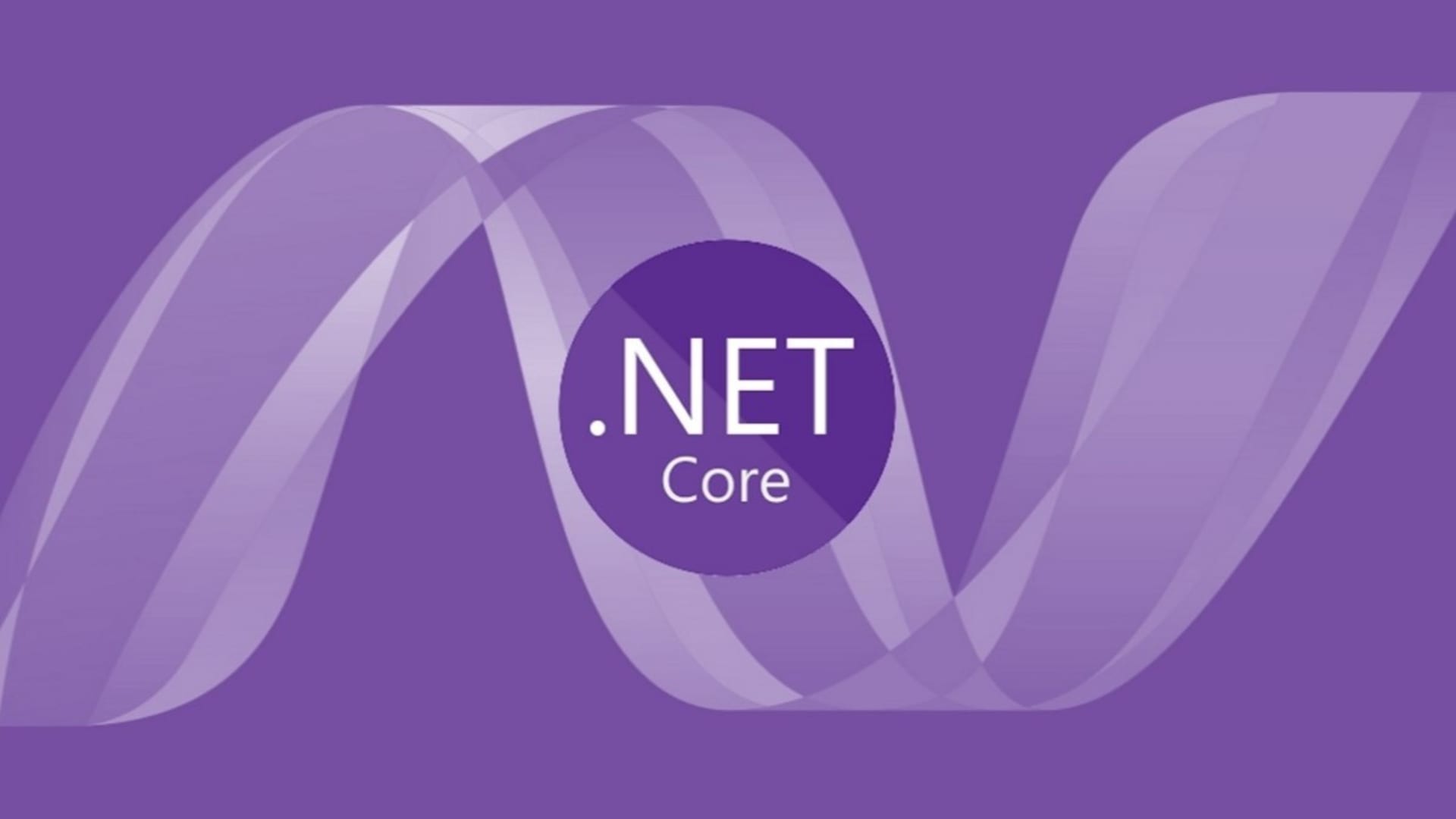- Home
- Technologies
- .NET
- Job Description
.NET Job Description Template
Finding .NET developers is a challenge. Use this job description template to help you attract top .NET talent faster. Want to skip the hassle of recruiting on your own?
500+ companies rely on our top 1% tech talent.
.NET Developer Job Description Template
.NET developers are in high demand, and you'll face stiff competition in attracting top talent. To find the best developers for your organization, hone your hiring process, starting with the job description.
Writing a compelling job description takes time. We've been hiring tech talent since 2010, combing through millions of applications and selecting the top 1% of candidates. Our extensive recruitment experience has taught us the best strategies for crafting the ideal .NET developer job description. With our help, you can start writing job descriptions that grab the attention of the best talent.
In this guide, we'll cover several sections, including company description, .NET developer responsibilities, technical requirements, job benefits, and different ways you can hire.
NOTE: The examples we provide below are targeted towards hiring mid to senior-level .Net developers.
Your Company Description
Begin your job description with your company's identity. In the first section, explore why developers should want to work at your organization. Highlight your organization's mission, values, and culture.
BairesDev is an award-winning software development outsourcing company. Our mission? To provide world-class technology solutions to Fortune 500 companies and startups alike.
Since 2009, we've been committed to only hiring the top 1% of tech talent in LATAM. As a remote-first company, we offer candidates flexibility and a greater work-life balance.
Interested in joining our team? We encourage diverse candidates from all backgrounds and experiences to apply.
Job Description: An Overview
In the next section, give an overview of the job requirements. Summarize the position and daily tasks involved. Developers will have a good understanding of what you're looking for.
We're looking for a motivated .NET developer to join our team. In this role, you'll be responsible for designing, coding, and modifying software applications from layout to function based on clients' needs. The ideal candidate will collaborate with other professionals, including project managers and UX/UI designers, to deliver high-quality software solutions. Proven experience with the .NET and cloud environments is required.
.NET Developer Responsibilities
This subsection gives more information on the .NET developer job responsibilities. Use this section to list the technical details of the position. We recommend using bullet points to make it easier for applicants to read.
Your day-to-day responsibilities:
Coding and Development:
· Write scalable and efficient code using C# and the .NET framework.
· Contribute to system architecture discussions and help define software design principles.
· Translate project requirements into technical specifications.
· Ensure code quality by adhering to coding standards and best practices.
· Design, implement, and maintain database structures using SQL for optimal data storage and retrieval.
Collaboration:
· Collaborate with other developers to design and implement software solutions based on project requirements.
· Work closely with cross-functional teams, including UX/UI designers and product owners, to ensure alignment with project goals.
· Participate in code reviews, providing constructive feedback and reviewing peers' code for quality.
.NET Developer Technical Requirements
Now, it's time to discuss the .NET developer requirements. Detail the specific technical requirements of the position. These requirements will vary depending on the seniority of the position.
Below, we provide some sample .NET developer skills suitable for a mid-level position. Use this list to help you build your technical requirements section based on your needs.
The ideal candidate will need the following technical skills:
- Proficiency in C#: Deep knowledge of C#, the primary language used for .NET development.
- Understanding of the .NET Framework and .NET Core/.NET 5/6: Familiarity with the architecture, components, and functionalities of the .NET Framework and its more modern, cross-platform counterpart, .NET Core.
- ASP.NET and ASP.NET Core: Skills in developing web applications using ASP.NET MVC for creating dynamic, robust websites, and knowledge of ASP.NET Core for building cloud-ready applications.
- Front-End Technologies: Knowledge of front-end technologies and programming languages such as HTML, CSS, JavaScript, and popular libraries or frameworks like Angular, React, or Vue.js.
- Entity Framework: Proficiency in Entity Framework for data access, understanding of its workings, and ability to optimize its performance for database operations.
- Database Management: Skills in database design and management, particularly with Microsoft SQL Server.
- API Development: Experience in designing and developing RESTful APIs using Web API and understanding the principles of REST and HTTP.
- Understanding of Object-Oriented Programming (OOP) and SOLID Principles: In-depth knowledge of OOP concepts (inheritance, polymorphism, encapsulation) and adherence to SOLID principles.
- Understanding of Software Development Life Cycle (SDLC): Knowledge of different stages of the SDLC..
- Cloud Services: Familiarity with cloud platforms like Azure, AWS, or Google Cloud, and understanding how to develop, deploy, and manage applications in the cloud.
BONUS points if you have:
- Experience in an Agile/Scrum environment.
- Knowledge of other development methodologies or practices, such as Kanban or Test-Driven Development (TDD).
.NET Developers: Ideal Experience, Background, and Soft Skills
After covering the technical skill requirements, it's time to detail the interpersonal skills you're looking for. You'll also want to list the ideal candidate's academic and professional background.
We're seeking a growth-oriented professional who meets the following criteria:
- Education: Bachelor's Degree in Computer Science, Software Engineering, or a related field. We will also consider candidates with significant hands-on experience in place of a degree.
- Experience: 3-5 years of hands-on experience in .NET development. Experience in mentoring junior developers is preferred.
- Team Collaboration: Ability to work collaboratively in a team environment, contributing to group discussions and fostering a cooperative work atmosphere.
- Communication Skills: Strong verbal and written communication skills to effectively articulate technical concepts to both technical and non-technical stakeholders.
- Attention to Detail: Meticulous attention to detail in code writing, debugging, and problem-solving to ensure the development of high-quality and error-free software.
Attractive Job Benefits for .Net Developers
Give candidates a reason to choose your organization over others. Describe both the monetary and non-monetary benefits. Consider which perks set your organization apart from the competition. Below is a list of potential benefits your organization might offer.
Professional Development:
- Allowance for .NET courses, certifications, and in-house training.
- Paid subscription to learning platforms (e.g., Pluralsight, Egghead).
- Tuition reimbursement for advanced degrees or related courses.
- Opportunities to attend/speak at tech conferences and meetups.
- Dedicated time for open-source contributions and personal .Net projects.
Work Environment & Flexibility:
- Flexible working hours.
- Remote work setup stipend (e.g., ergonomic chairs, monitors).
- Casual dress code, especially for remote work.
- Hardware and software stipends, including top-tier machines and the latest licenses (e.g., IDEs).
- A choice between co-working spaces or home office setups for remote workers.
- "No meetings" days, ensuring uninterrupted coding sessions.
Team Collaboration & Growth:
- Collaborate with and learn from senior .Net developers.
- Leading exciting projects and adopting mentorship roles.
- Team events, like monthly hackathons.
- Company-wide recognition for innovative solutions and coding excellence.
- Weekly peer review sessions to ensure code quality and continuous learning.
- Dedicated "innovation days" where developers can work on any creative project they choose.
Wellness & Work-Life Balance:
- Unlimited paid time off OR 10 paid vacation days per year.
- Employee discounts on tech gadgets and software.
- Mental health days.
- Fitness stipend or gym membership reimbursement.
- Annual subscription to wellness apps and monthly meditation classes.
Financial & Long-term Benefits:
- 401(k) or pension plans.
- Health, dental, and vision insurance.
- Relocation assistance if joining a main office.
- Stock options or equity for long-term employees.
- Bonus structure based on project completion or company performance.
- Childcare assistance or family support programs.
Different Ways to Hire .Net Developers
You'll be responsible for recruitment and onboarding costs, along with salary and benefits. Hiring an ideal .Net developer could take months. In addition, you'll need experience in technical recruitment to narrow down the best candidates. On the plus side, an in-house .Net developer would be more integrated with your company culture, values, and long-term vision. This means they're more invested in your company's future success.

Many companies hire a dedicated development team through an outsourcing provider. A dedicated development team includes a range of talent, from software developers to product managers, UX designers, DevOps, project managers, and more. This option is more cost-effective than building an in-house team from scratch. Businesses can leverage top nearshore talent where the cost of living is lower than in the US.
Staff augmentation services are ideal for businesses with existing software development teams. Get additional support or access specialists. In this model, .Net developers join your in-house team, working with your employees and reporting to your managers.
Software outsourcing is the most comprehensive model we offer. We will build an entire team with all the roles you need, including a project manager and Scrum master to oversee the project. You will have time to focus on your core business while we develop your software from concept to completion.
Frequently Asked Questions
When creating a job description for a .NET developer, outline the expectations, key responsibilities, and specific qualifications needed for the role.
- .NET Job Description Template
How Businesses Can Overcome the Software Development Shortage
BairesDev Ranked as one of the Fastest-Growing Companies in the US by Inc. 5000

See how we can help.Schedule a Call









